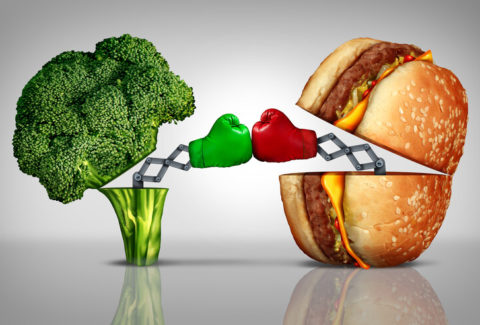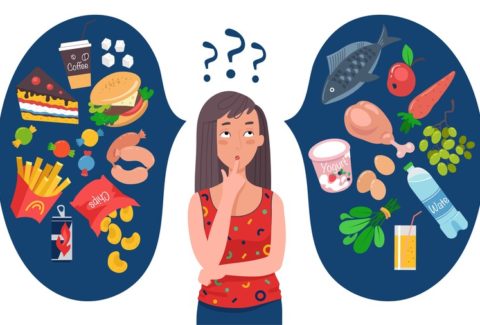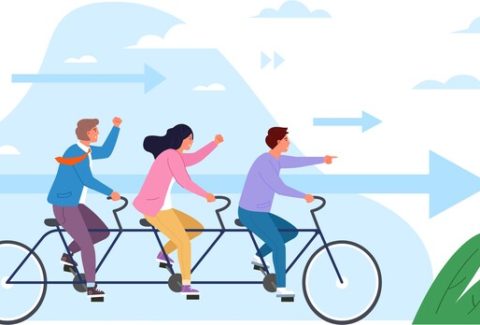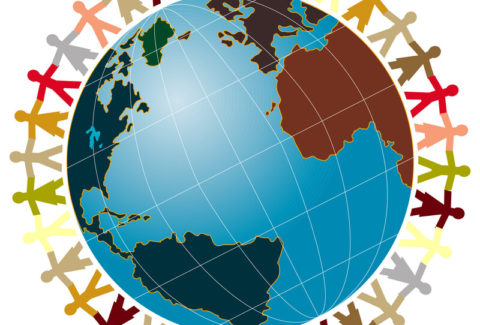Wanting and Hostility: CBT and Consciousness Series

Wanting and Hostility: CBT and Consciousness Series
- What are your overall thoughts on the two levels of Consciousness known as Unworthiness and Avoidance?
- What do you see for yourself?
- What do you see for your patients, and what does it take for you to help them shift to a higher level of Consciousness?
In our previous article, entitled, Unworthiness and Avoidance, we asked you to ponder the above three questions. We also explained that these questions will become clearer as we continue with the articles in this series which are designed to explore CBT and Consciousness.
In the article, entitled, Unworthiness and Avoidance, we introduced two levels of Consciousness that are life interfering. In this one, we are going to explore the following two levels of Consciousness: Wanting and Hostility.
- Wanting:
Sometimes, we forget about self-loathing, blameworthiness, hopelessness, unworthiness, and even avoidance, at least momentarily. Rather, we start living a contradictory life, unconsciously quieting our “messy” inner life at all costs, and masking it with outer life, through strongly wishing, wanting, and desiring. As it happens, once we start desiring, we start realizing that things do not always happen all at once, or right away; and given the lack of a space to reflect, we quickly view the world as being “upsetting,” and “disappointing. [1}” Those who have no desire, tend to not get disappointed. They had no expectations, anyway. Others, used to have the desire, felt disappointed, and just stopped desiring.
On the other hand, the individuals at the current degree of Consciousness of wanting, have such a strong wanting, desire, and longing, that tends to be characterized by some form of craving. As such, they see everything through the lens of their desires. Many will give anything and everything in exchange for their wanting, and they, therefore, live life through self-imprisonment or enslavement. Contrary to those at a lower degree of Consciousness, individuals at the degree of Consciousness of “Wanting” are motivated by their cravings. They tend to do whatever it takes; they put in as much effort as possible to get what they want – be it money, a career, fame, power, or relationships. Wanting any of these things is not a problem in itself; however, those at this degree of Consciousness tend to share several characteristics from the lower degrees of Consciousness. Their insight, self-knowledge, or knowledge of their why tends to be either superficial or very limited, and that can be very dangerous to themselves, their health, their loved ones, and even society. This is because all they know is that they are “driven,” but they really cannot explain why beyond their obvious need to just get more, more, and more, of whatever it is that they are trying to collect [2]. Nonetheless, given the fact that our brain gets to focus on whatever we are feeding it, the individuals at this degree of Consciousness of wanting never seem to get enough; they never feel enough, and they never feel satisfied. Their wanting, as a result, takes over their life, leading to a blind obsession, not without a number of life interfering ramifications.
- Hostility:
Achieving can be an arduous and even a painful process if we try to do so from the degree of Consciousness of Wanting without ever advancing to the higher degrees of Consciousness. As a result, we may know numerous individuals, who come across as unforgiving, unsympathetic, and aggressive. These individuals tend to view life as hostile, and all they have to do run over others, or else they “will be run over.” It’s a dog-eat-dog world. Annoyance, irritation, frustration, anger, and even hate are the predominant emotions of the individuals who belong to this degree of Consciousness, known as Hostility. Individuals at this degree of Consciousness live their life through this same process of hostility and aggression, especially when their needs are not being met. They may also resent, think about revenge, and become argumentative, explosive, and threatening. What they don’t know is that their hostility is generated by not having certain needs met, which is because they overvalue the significance of their wanting, of their goals, desires, or longing. When not paying attention, individuals at this degree of Consciousness may feel hate, which may lead to further frustration in their lives, creating a never-ending cycle of hostility. If only they knew that frustration can be channeled into positive actions leading to higher performance and more life promoting results. Martin Luther King, Mahatma Gandhi, and Nelson Mandela, have proven that it is possible to channel frustration into accomplishing something that benefits a larger group, without anyone having to lose. This is known as the process of Transmutation.
Another insight that individuals at the degree of Consciousness of Hostility may well benefit from knowing that their wanting, desires, and longing, are simply a way to fill up a perceived inside hole that will never be filled by anything external [3]. These individuals experience a feeling of unfulfillment, they lack authentic happiness, authentic success is foreign to them, and they are trying to pursue all this in a very inauthentic way. “The more money I have, the more degrees I have, the more power I have, or the more I can prove or show for, the better off I will be.” This clear illusion that is obvious to most individuals, except to those caught in this degree of Consciousness make them prompt to hostility, and leads to tumultuous relationships in their life.
- What are your overall thoughts on these two levels of Consciousness of Wanting and Hostility?
- What do you see for yourself?
- What do you see for your patients, and what does it take for you to help them shift to a higher level of Consciousness?
These questions will become increasingly clear as we continue with our subsequent articles in this series. As usual, we invite you to continue to ponder upon them, in the meantime; and we look forward to hearing from you.
See you soon,
Karen and Mardoche
P.S. Please join us for our CBT module on CBT and Cognitive Distortions, scheduled for March 24th, 7pm EDT. We look forward to welcoming you.
[1] Taylor, Steve. “The Problem with Wanting.” Psychology Today, Sussex Publishers, 28 July 2015, www.psychologytoday.com/us/blog/out-the-darkness/201507/the-problem-wanting.
[2] Adams, Lisa. “Needs vs. Wants vs. Desires.” All Good Things with Lisa Adams, All Good Things with Lisa Adams, 22 June 2016, www.allgoodthings.nyc/new-blog/2016/6/19/needs-vs-wants-vs-desires.
[3] TheGoddess PrinciplesNet. “Filling Empty Holes with Relationships.” Medium, Medium, 23 Aug. 2016, medium.com/@TheGoddessPrinciplesNet/filling-empty-holes-with-relationships-b074fa39676b.








